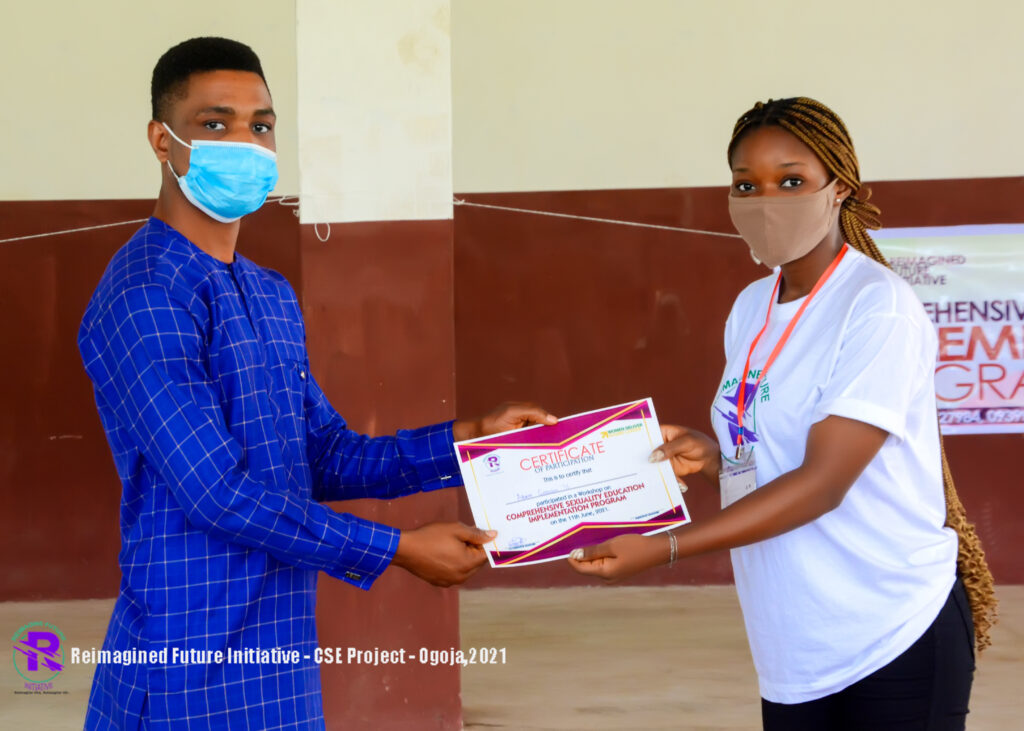The advocacy campaign was aimed at curbing the rate of teenage pregnancy and school dropout among adolescent girls by implementing Comprehensive Sexuality Education (CSE) in Secondary School curriculum in Ogoja Local Government Area of Cross River State.
It was hoped that by the end of the project, we would record a considerable increase in free and positive attitudes of students towards sexuality related issues, advance healthy sex and gender practices and consequently, record a decrease in the rate of teenage pregnancy, STIs and school dropout.
AT the start of the project, the team met with some political office holders and stakeholders in the person of the Commissioner for Health (Dr. Betta Edu) and the Commissioner for Education (Mr. Godwin Amanke), and the principals of the sample schools, who were all very excited and pledged their support for the project.
A CSE toolkit was developed and distributed to the teachers and peer educators of the sample schools, to be used as a temporal manual for their classes.


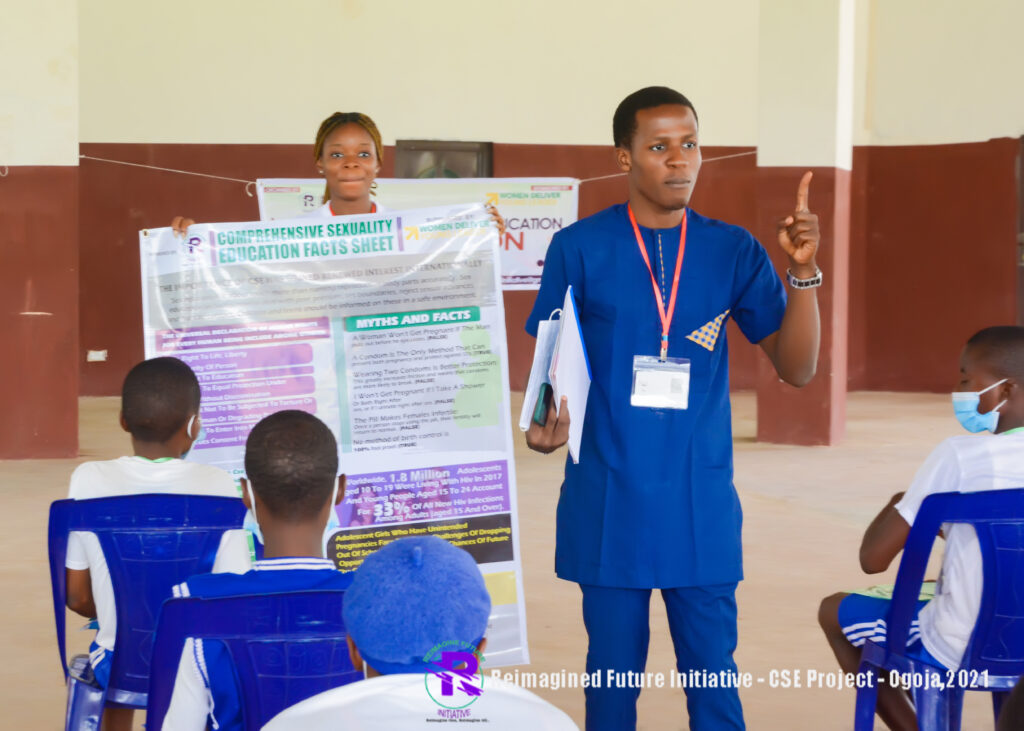
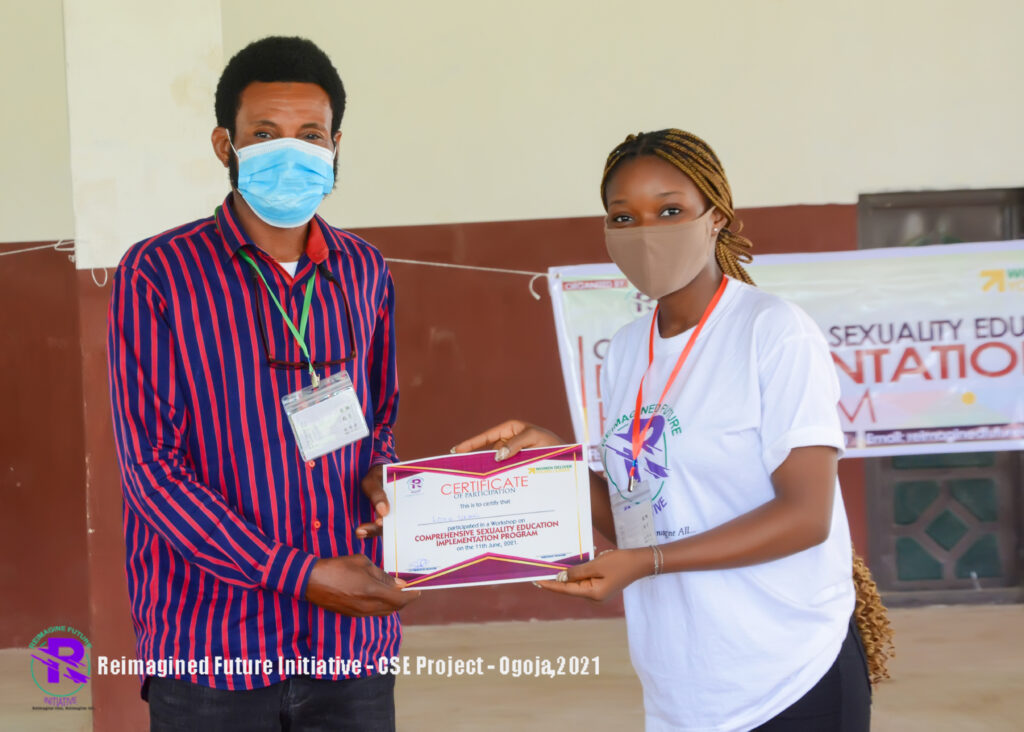
A CSE workshop was organized where 10 teachers and 49 peer educators were trained on delivering CSE effectively.
The project’s team have been visiting each of the sample schools, holding CSE sessions with the students.
The project aimed to raise awareness and gain political momentum for the CSE program and call attention of the necessary stakeholders and policy influencers to the high rate of teenage pregnancy, the challenge of unhealthy sex and gender practices and other consequences of lack of/misinformation on CSE, as well as the disproportionate impact it has on the female gender. The commissioners pledged their support, especially for the purpose of creating sustainability and permanence for the program.
From the post survey carried out, the project helped about 40% of teenage girls in the sample schools to feel free, discussing issues pertaining to their sexuality and safe sex practices. It has helped in reducing the knowledge gaps and misconceptions on where to obtain contraceptives and how to use them.
Some of the religious and community leaders we have interacted with have come to realize the danger inherent in restrictive laws and policies regarding provisions of contraceptives based on age or marital status.
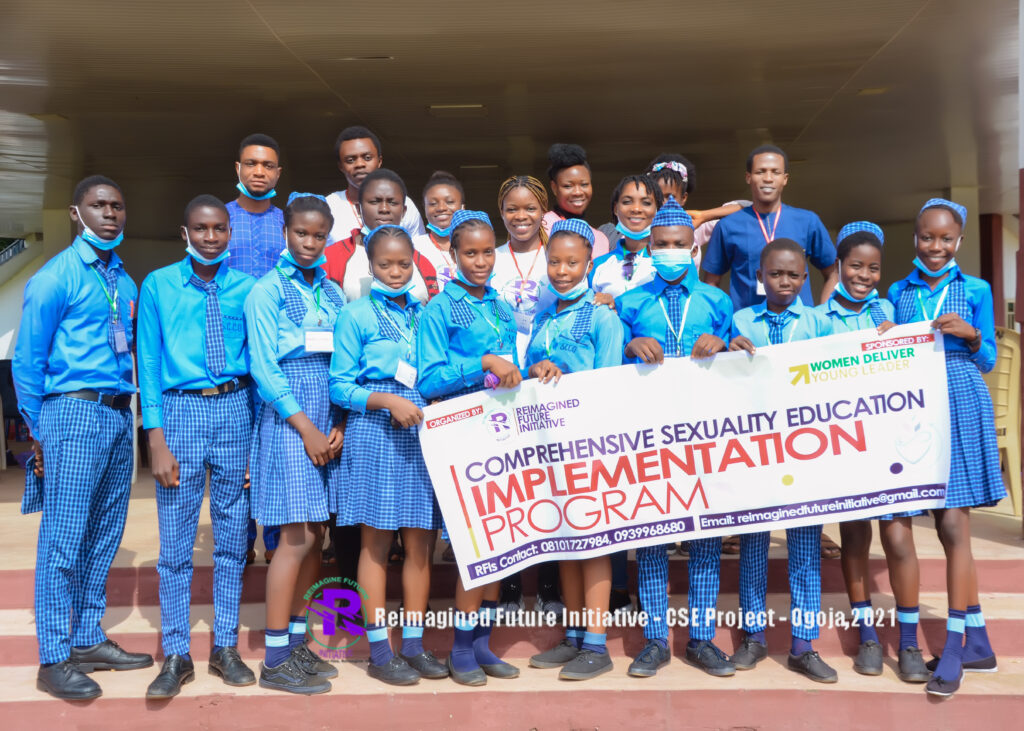
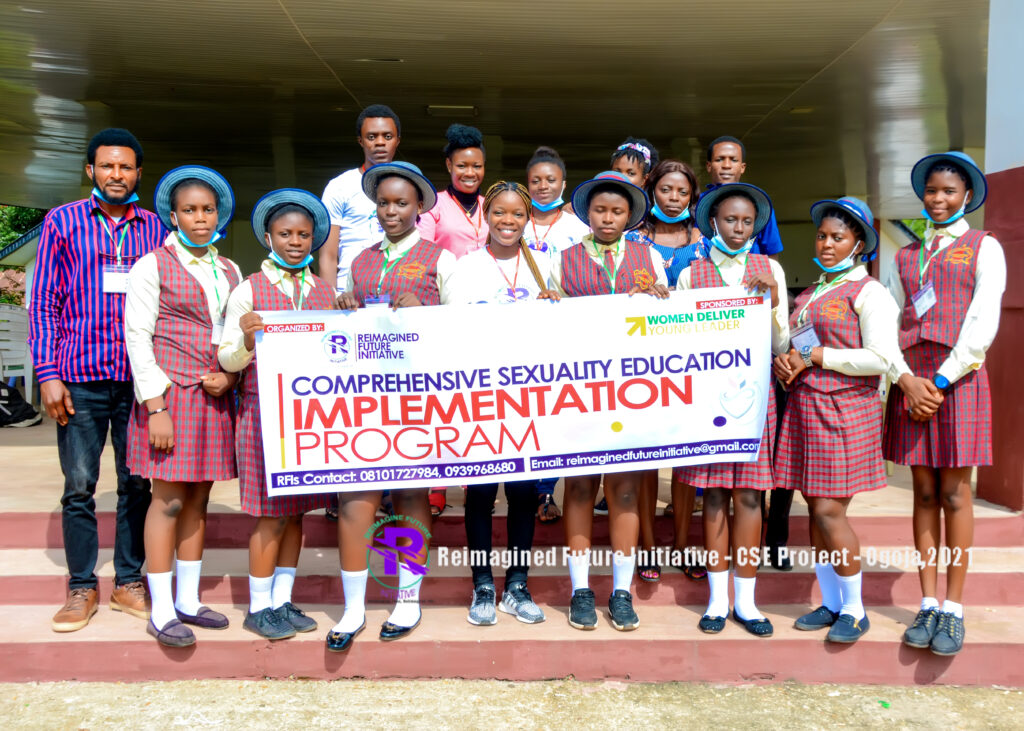

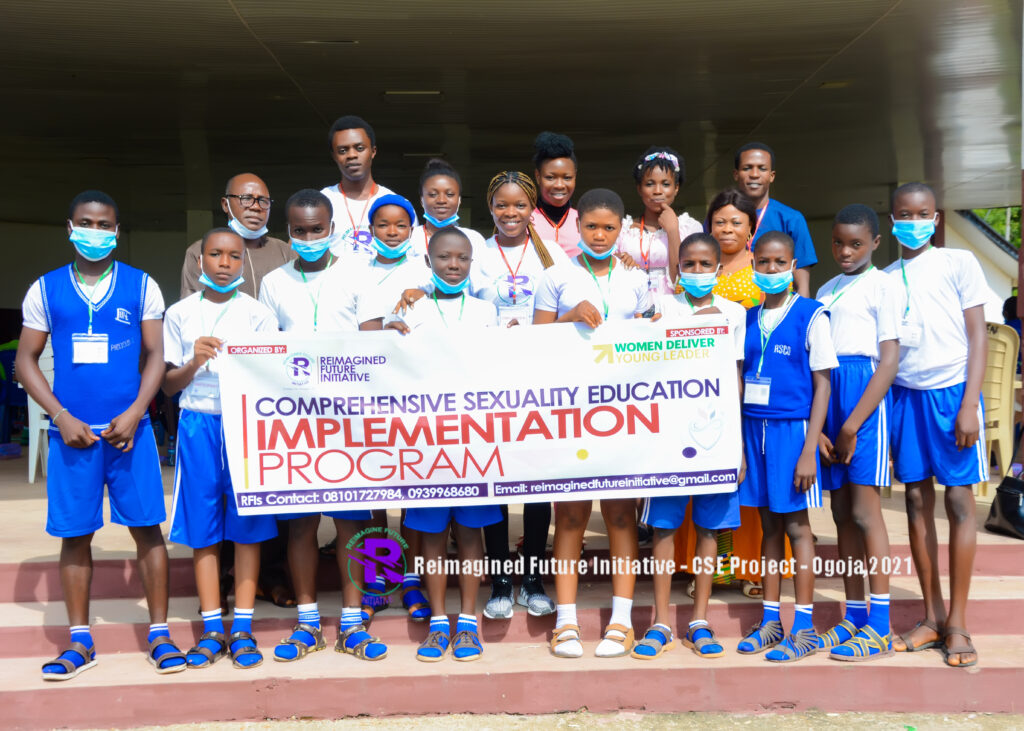

The principals welcomed the idea of the CSE clubs in their schools, while asking for the more sustainable method to be implemented from the state level, by including it in the curriculum and making it a classroom activity.
Teachers were trained and equipped with the technical assistance to adapt and adequately deliver on the existing CSE curriculum, while Selected students were trained as peer educators.
A CSE toolkit was developed, printed and along with other study materials, were distributed to each of the teachers and peer educators.
The Facts Sheets which were printed and shared to the sample schools and also displayed at strategic public locations were very well received as we kept getting feedbacks that principals of schools that were not part of the sample schools were asking that we also come to their schools and implement the program.
After our advocacy outreach to the Commissioner for health and commissioner for education, On the 15th of June, we got a mail from the office of the Commissioner for Health_ Dr, Betta Edu, committing to:
Continuously prioritizing the health needs of adolescents in underserved/rural communities, train and re-train health workers, provide technical expertise and material support for the teachers and peer educators to effectively deliver CSE.
The commissioner for education, Mr. Godwin Amanke, after giving us due approval from the ministry to carry out the project, asked that we try and get back to the ministry with reports on the progress and success of the project for subsequent collaboration and scale-up. He subsequently assigned a staff from his office to monitor the project and report back to him.
The Project’s team lead went on radio to discuss the project both at the start and the completion of the project phase.

